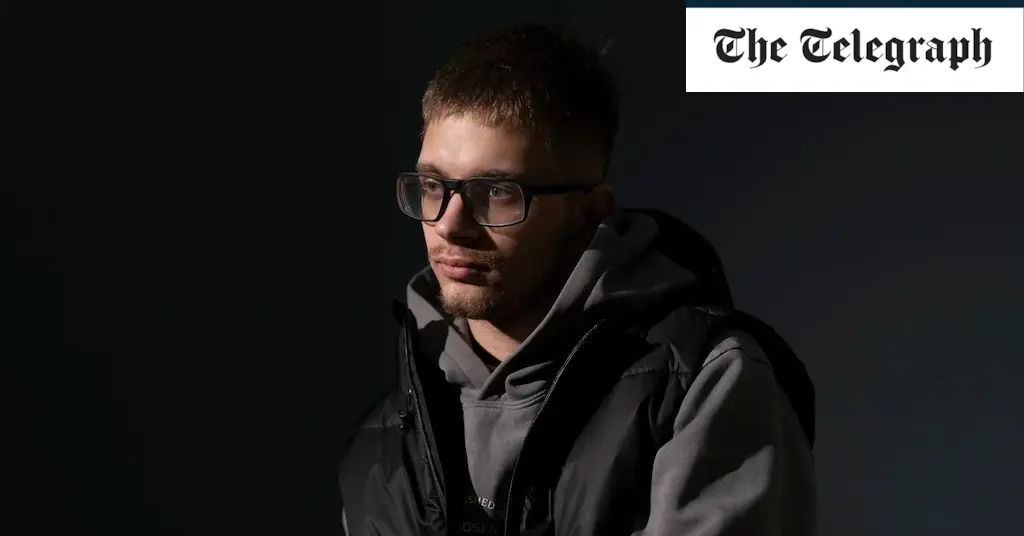- cross-posted to:
- news
Cross-posted from: https://beehaw.org/post/12997488
Originally from the coastal city of Mariupol, Ukrainian teenager Bohdan Yermokhin was forced to live in Moscow for almost one and a half years after he and 30 other Ukrainian orphans were rounded up by Russian forces and deported against their will.
Nicknamed the Mariupol 31, he and his friends had already lived through months of brutal siege, witnessing widespread death and destruction as Vladimir Putin’s forces turned their home city to rubble.
Mr Yermokhin said the Russians tried to gain his trust, treating him nicely at first, but things deteriorated over time when he retained his positivity towards Ukraine – he would regularly argue with those around him and it was a constant psychological strain.
The Mariupol 31 were quickly turned into a propaganda tool for Moscow to “prove” they had saved the city.
Mr Yermokhin’s best friend, Pylyp Holovnya, became a poster boy for Russia’s so-called rescue missions when he was adopted by Maria Lvova-Belova, the ombudsman for children’s rights.
A half-hour documentary called This Is My Child broadcast on a nationalist TV channel last year told the story of Mr Holovnya’s removal from Mariupol, with Mrs Lvova-Belova declaring: “The moment I spoke to him I realised he’s mine: this is my child.”
A few months before, the International Criminal Court issued an arrest warrant for Mrs Lvova-Belova, as well as Putin, over the unlawful removal of Ukraine’s children.


